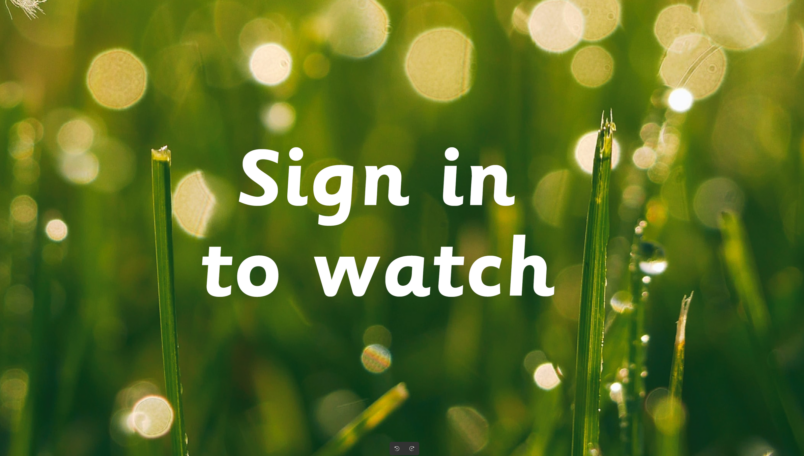Direct speech (inverted commas): moose
Learning Objective
We are learning how to use inverted commas.
Context: moose

Clip Description
Moose are the largest of all the deer species in the world. They can be found in the northern regions of North America, Europe, and Asia. Males have a distinctive dangling flap of skin beneath their chin called a ‘dewlap’. Males also sport impressive antlers, which are shed and replaced every year.
In this fascinating clip, we will see an adult moose submerging herself in a lake. She needs to feed on the sodium-rich water plants, which are an essential part of a moose’s diet. Later on in the clip, we see her calf taking its first swimming lesson. Will the calf prove to be a confident swimmer? Watch the clip to find out.
Discuss the meaning of each word highlighted in bold.
Word Challenge
Can you list some verbs to describe the actions of the either the calf moose or her mother as they move in and around the water?
e.g. submerged, descended, plunged, …

 Sign in
Sign in

